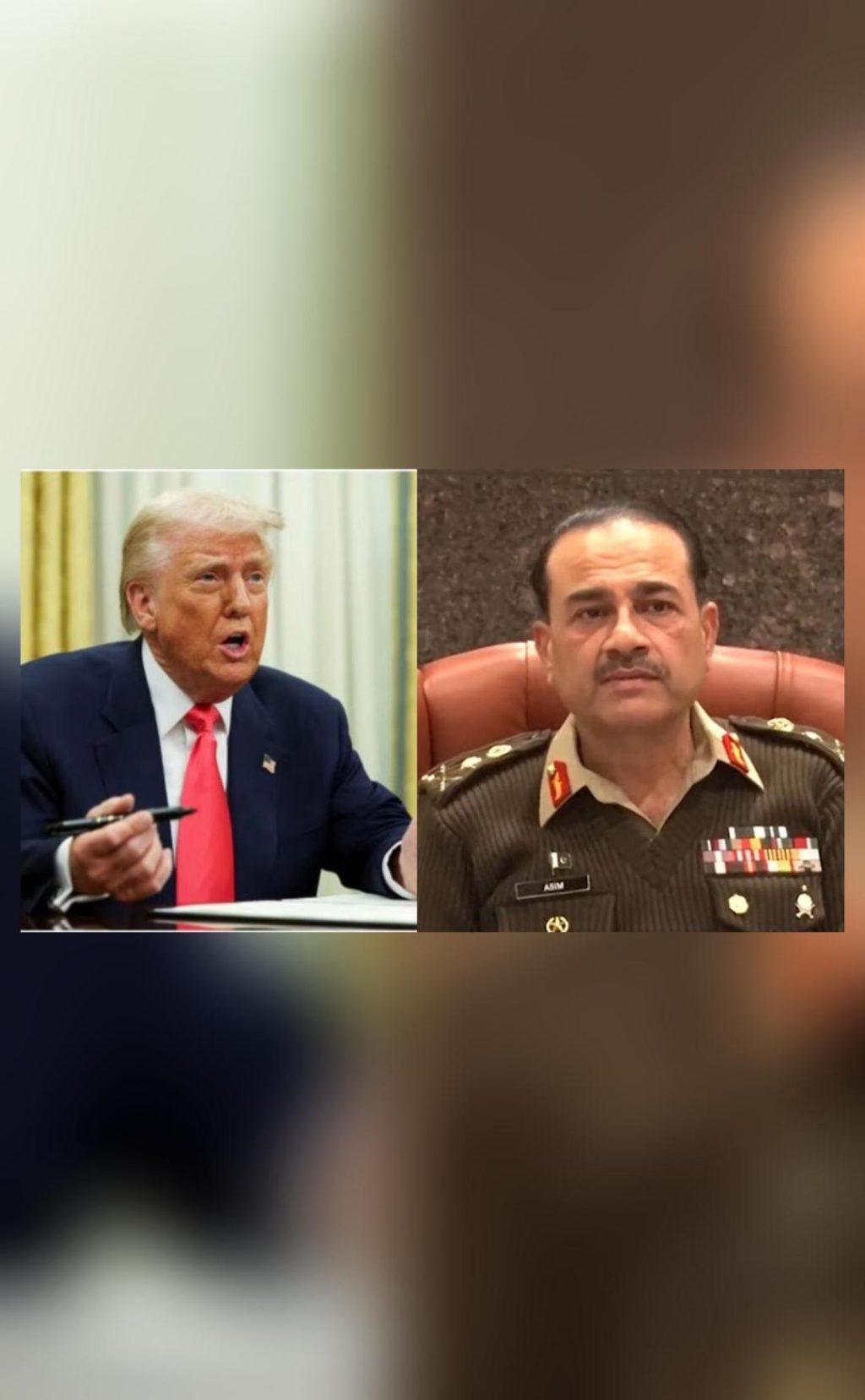
Title: Our relations with India & Pak remain unchanged: US after Pak army chief Munir’s visit
In a recent development, Pakistan army chief General Asim Munir visited the United States, sparking a mix of reactions from the international community. During his visit, Munir made some provocative statements, claiming that Pakistan has nuclear weapons and would take “half the world down” if they think they’re “going down” during a future war with India. The statement has raised concerns about the escalating tensions between the two neighboring countries and the implications for regional and global security.
However, in a press briefing, US State Department Spokesperson Tammy Bruce clarified that the US’ relationship with both India and Pakistan remains unchanged – good. According to Bruce, the diplomats are committed to both nations, and the US is focused on strengthening its ties with both countries.
This statement reiterates the US’ long-standing stance on maintaining good relations with both India and Pakistan. The US has historically been a key player in the region, providing economic and military aid to both countries. The US-Pakistan relationship has been particularly significant, with the US providing millions of dollars in aid to Pakistan over the years.
Pakistan has been a key ally of the US in the war against terrorism, and the US has provided significant military aid to Pakistan to support its efforts against terrorist groups such as the Taliban and Al-Qaeda. However, in recent years, the relationship has been strained due to differences over issues such as terrorism and nuclear proliferation.
India, on the other hand, has been a rising power in the region, and the US has been keen to strengthen its ties with the country. The US-India relationship has grown significantly in recent years, with the two countries cooperating on issues such as trade, security, and counter-terrorism.
Munir’s statement about Pakistan’s nuclear weapons has raised concerns about the country’s intentions and the stability of the region. Pakistan has a large nuclear arsenal and has been accused of developing its nuclear program to counterbalance India’s military might. India, on the other hand, has been vocal about its concerns over Pakistan’s nuclear program and has called for international pressure on the country to reduce its nuclear stockpile.
The statement has also raised concerns about the implications for regional and global security. If Pakistan were to use its nuclear weapons in a conflict with India, it could have devastating consequences for the region and the world. The US has been working to reduce the risk of nuclear conflict through its diplomatic efforts and by promoting dialogue between India and Pakistan.
In recent years, the US has been involved in several initiatives to promote peace and stability in the region. The US-Pakistan Strategic Dialogue, for example, is a mechanism for the two countries to discuss issues such as terrorism, trade, and security. The US-India Civil Nuclear Agreement is another initiative that aims to promote cooperation between the two countries on issues such as nuclear energy and non-proliferation.
In conclusion, while Munir’s statement about Pakistan’s nuclear weapons has raised concerns about the country’s intentions and the stability of the region, the US’ statement that its relationship with both India and Pakistan remains unchanged – good – reiterates the US’ commitment to maintaining good relations with both countries. The US has been a key player in the region for decades, and its relationships with India and Pakistan are critical to promoting peace and stability in the region.
As the world watches the developments in the region, it is essential to remember that the US’ commitment to the region is unwavering, and the country is committed to working with both India and Pakistan to promote peace and stability.



